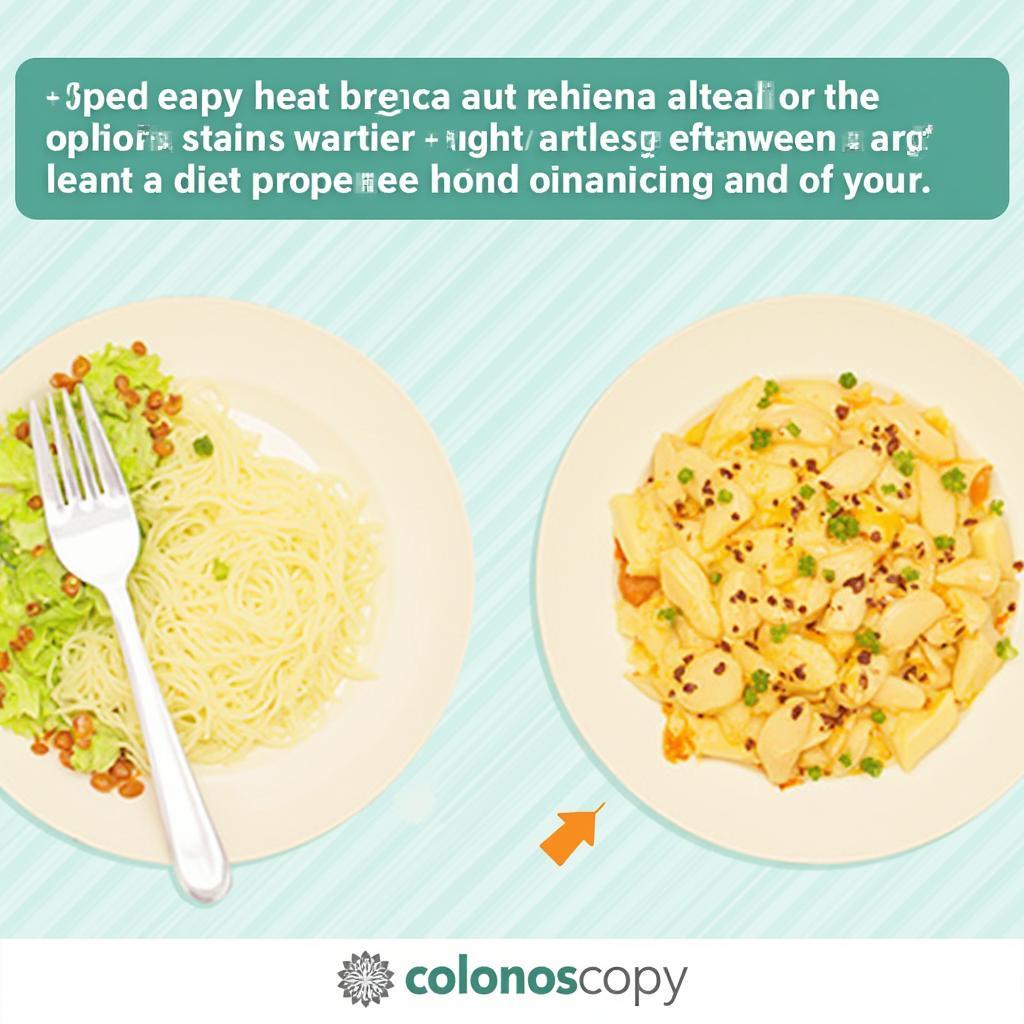Can Dogs Eat Cooked Turkey Legs? A Guide for Concerned Pet Owners
Can dogs eat cooked turkey legs? It’s a common question, especially around Thanksgiving and other holidays. While plain, cooked turkey meat can be a healthy treat for dogs, turkey legs present some specific risks that pet owners need to be aware of. Let’s delve into the details to ensure your furry friend stays safe and healthy.
The Dangers of Cooked Turkey Bones for Dogs
While cooked turkey meat itself is generally safe, the bones are a different story. Cooking makes bones brittle and prone to splintering. These sharp bone fragments can cause serious problems for your dog, including:
- Mouth injuries: Splinters can cut your dog’s gums, tongue, and other soft tissues in the mouth.
- Esophageal obstruction: Bone fragments can get lodged in the esophagus, making it difficult or impossible for your dog to swallow.
- Stomach or intestinal blockage: If swallowed, bone fragments can cause a blockage in the stomach or intestines, requiring emergency surgery.
- Perforation of the digestive tract: Sharp bone splinters can puncture the stomach or intestines, leading to a life-threatening infection.
Can Dogs Eat Cooked Turkey Leg Meat?
The meat of a cooked turkey leg, without the skin or bones, can be a healthy and delicious treat for your dog. Turkey is a good source of protein and contains essential nutrients like niacin and phosphorus. However, it’s crucial to remove all skin and bones before offering any turkey to your dog. Even small bone fragments can pose a risk.
Serving Cooked Turkey Meat to Your Dog Safely
Here are some guidelines for safely feeding your dog cooked turkey meat:
- Remove all skin and bones: Carefully debone the turkey leg and remove all skin, which is high in fat and can cause digestive upset.
- Serve in moderation: Turkey should be an occasional treat, not a regular part of your dog’s diet. Too much turkey can lead to weight gain and other health problems.
- Avoid seasonings and spices: Many seasonings, especially garlic and onion powder, are toxic to dogs. Offer plain, cooked turkey meat only.
- Introduce slowly: If you’re giving turkey to your dog for the first time, start with a small amount to ensure they don’t have any adverse reactions.
- Monitor your dog: After feeding your dog turkey, watch for any signs of digestive upset, such as vomiting or diarrhea.
Alternatives to Cooked Turkey Legs for Dogs
If you’re looking for safe and healthy treats to give your dog, consider these alternatives to cooked turkey legs:
- Commercially available dog treats: Choose treats specifically formulated for dogs, ensuring they are appropriate for your dog’s size and age.
- Raw bones (under supervision): Raw bones, especially recreational bones like beef marrow bones, can be a good option for dogs who enjoy chewing. Always supervise your dog when they are chewing on a bone.
- Chew toys: Durable chew toys can provide mental stimulation and help satisfy your dog’s natural chewing instincts.
What to Do if Your Dog Eats a Cooked Turkey Bone
If your dog eats a cooked turkey bone, monitor them closely for any signs of distress, such as vomiting, diarrhea, or difficulty breathing. If you notice any of these symptoms, contact your veterinarian immediately. Early intervention is crucial in preventing serious complications.
Conclusion
While cooked turkey meat can be a healthy treat for dogs, cooked turkey legs are a definite no-no due to the risk of bone splinters. Prioritize your dog’s safety by offering only boneless, skinless turkey meat in moderation. By following these guidelines, you can ensure your furry friend enjoys a healthy and happy holiday season.
FAQ
- Can dogs eat raw turkey bones? Raw turkey bones are generally safer than cooked bones, but they still carry some risk. Always supervise your dog when they are chewing on any bone.
- What should I do if my dog vomits after eating turkey? Contact your veterinarian immediately, as vomiting can be a sign of a serious problem.
- Are there any other holiday foods I should avoid giving my dog? Yes, many holiday foods are toxic to dogs, including chocolate, grapes, raisins, and onions.
- Can I give my dog turkey skin? No, turkey skin is high in fat and can cause digestive problems in dogs.
- How much turkey can I give my dog? Turkey should be given in moderation as an occasional treat. A good rule of thumb is to offer no more than a few small pieces at a time.
- What are some healthy alternatives to turkey for dogs? Consider commercially available dog treats, raw bones (under supervision), or durable chew toys.
- Can I give my dog turkey that has been seasoned with herbs? It’s best to avoid giving your dog turkey that has been seasoned with herbs or spices, as some can be toxic to dogs. Stick to plain, cooked turkey meat.



Comments (0)